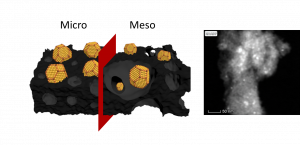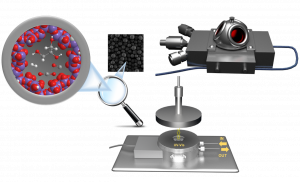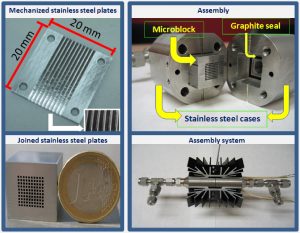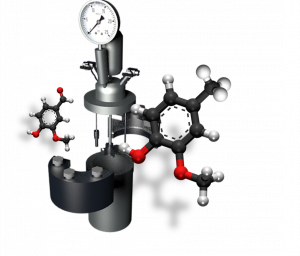Research overview
Heterogeneous catalysis play a key role in the transition from fossil fuels to renewable sources of energy in order to achieve a circular economy and more sustainable societies in the near future. In this scenario, our current research deals with the development of advanced heterogeneous catalysts for energy and environmental applications.
Synthesis and optimization of efficient catalysts
The main activity of our group is focused on the preparation and optimization of materials for energetic and environmental catalytic applications. Among the most recent advances, we are designing catalysts based on biomorphic carbons obtained from residual biomass.

Surface reactivity: in situ/operando techniques
One of the most important research lines of the group is based on the characterization of the catalytic materials during reaction with the simultaneous measurement of the catalytic activity in terms of conversion, selectivity and yield. In our lab, the available techniques for in situ/operando measurements include DRIFTS, FTIR, UV-Vis, Raman and XPS.

Manufacture of structured catalysts and microchannel reactors (process intensification)
The research group has a wide experience in the manufacture and study of structured catalytic systems (micromonoliths and microreactors). These devices offer excellent opportunities for minimizing simultaneously both the trasport limitations and pressure drop as well as enhancing the radial fluxes of mass and heat with very short contact times.

Catalytic conversion of waste, biomass and CO2 into biofuels and bulk chemicals
The majority of the current projects are focused on the area of energy and sustainable chemical technologies. Particularly, we are developing new catalytic solutions towards the chemical CO2 recycling and alternative routes for biomass transformation into valuable chemicals.

